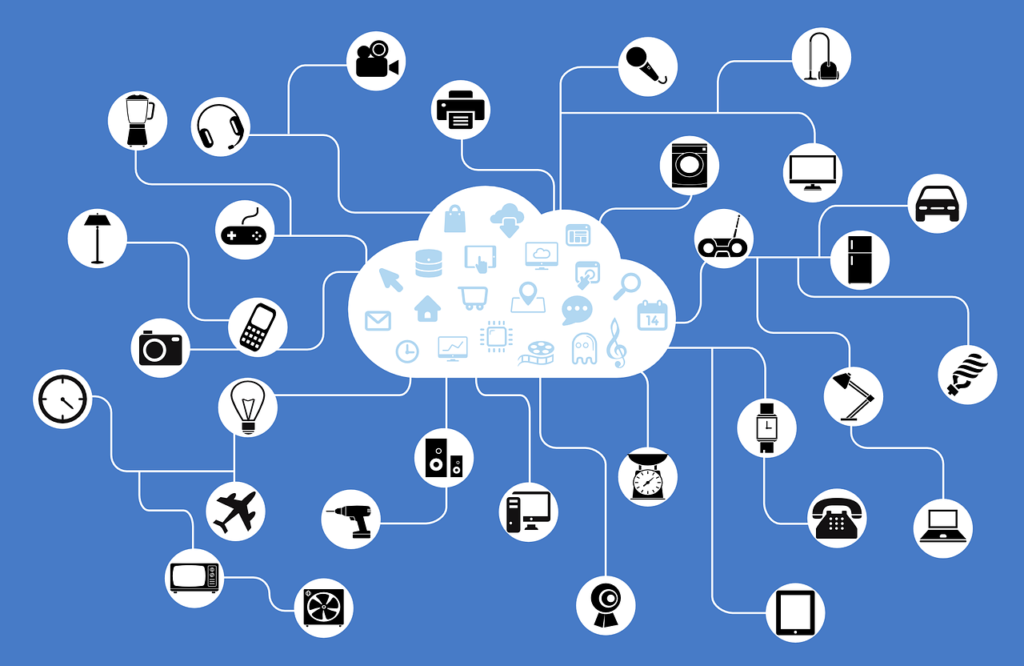“Scientists study the world as it is; engineers create the world that has never been.“
—Theodore von Karman, Hungarian-American mathematician, aerospace engineer, and physicist
At the heart of an engineer’s work is the process of creation. Sometimes, however, the excitement of a new innovation spurs its widespread usage before we have had the chance to step back and ethically consider the technology’s implications and potential consequences. The five papers that comprise this volume all critically examine if, how, and when an innovation ought to be utilized. While some discuss the ethics of how we’re using existing technologies, others look at the path ahead, considering how, from an ethical perspective, we should handle the potential consequences of technologies looming on the horizon.
We begin by looking toward the skies as our first paper discusses the ethical and environmental considerations of pursuing supersonic aircraft as a means of commercial transport. Our next paper also connects ethical and environmental issues; this time in the realm of mechanical engineering as we examine the ethics of engineers using composite materials in their designs.
For the remainder of the volume we turn to the wide area of computer science, beginning with a paper that thoughtfully considers how we are engineering an increasingly connected world through the Internet of Things. In a paper on predictive policing, we explore the ethics of the police using individual data in algorithms created to predict the locations of future crimes. Both of these papers tackle the theme of how our data may be used against us, and in a world generating exponentially increasing amounts of data, this is an important thing to consider.
We conclude the volume by looking at the ethics of creating a world that doesn’t exist through virtual reality. Though widely enjoyed recreationally, the uses of virtual reality far exceed gaming and entertainment. Our final paper looks at some of these applications and discusses how we, as humans, may internalize some of the effects of assuming these virtual roles.
We hope that these papers inspire you to examine some of your own engineering decisions from an ethical perspective. As always, we encourage you to question, comment, and critique. Thank you for reading the third volume of Viterbi Conversations in Ethics.
Rachel Longjohn, VCE Editor-in-Chief
- Reviving the Supersonic Commercial Transport: Ethical Considerations
by Addison Salzman
Upon taking his first ride in an airplane, William E. Boeing set his feet firmly back on solid ground and immediately remarked, “I think we could build a better one.” A century after this bold claim was made, millions of people travel the world every day on Boeing airplanes—which are among the safest, fastest, and most efficient modes of transport ever built. It is with the same audacious spirit that airplane designers are now considering the rebirth of a supersonic commercial airliner. The idea of a supersonic aircraft for commercial use is not a new one. Major aerospace companies invested…
- The Ethics of Composite Design in Mechanical Engineering
by Jonathan Coon
In the 21st century, mechanical engineers work in an increasingly difficult environment. The requirements for systems are changing every day as employers and consumers desire faster, lighter, and stronger designs. To accommodate more extreme requirements, we have developed new tools and materials to meet our goals. Composite materials, which combine fibers and resin to provide a lightweight yet strong material, are a perfect example of this drive to meet higher performance goals [1]. Although composite research is advancing every year, the truth about composites is that their features are relatively unknown, and they can have a drastic impact on our…
- Hey Siri, Am I Being Watched? The Future of Privacy with the Internet of Things
by Nikkan Ghosh
Introduction Hey Alexa! Can you make sure I remembered to lock my apartment this morning? Ok Google… It’s freezing today. Can you turn on the thermostat to 70 degrees before I get home? Hey Siri, I’m running late! Could you find me the closest available parking spot to my classroom? A world in which our handheld devices could actually answer these questions for us is not too far from reality as a result of the ongoing development of the Internet of Things (IoT). The Internet of Things is a term coined to envelope all technology that creates a network of…
- Ethics of Predictive Policing
by Jeremy Panelli
In August of 2013, Robert McDaniel of Chicago, Illinois, was visited by the police. Although McDaniel lived in an area well known for violence, he had never committed any crimes, nor had he recently talked to the police. The reason for the visit? McDaniel had been placed on a computer-generated “heat list” for people “most likely to commit a violent crime” [1]. His only real “crime” was that he was a 22-year-old black high school dropout from a poor neighborhood. While a computer algorithm may simply be the sum of what others put into it, it raises the question: is…
- The Ethical Design of Getting Lost in a Game
by Kiera Breen Salvo
Introduction:Virtual reality (VR) is an industry on the rise; 2016 was even declared by experts in the field to be “The Year of VR.” Though many may expect the entertainment sphere to be virtual reality’s epicenter, the technology has proven itself to have incredibly useful applications in other settings, from advertising and education to medicine and the military. As the burgeoning tech gains popularity, those in the scientific community learn more about the susceptibility of the human mind to be tricked by staged realities, and what the long-term effects of participating in a virtual environment may be. Until such time…






